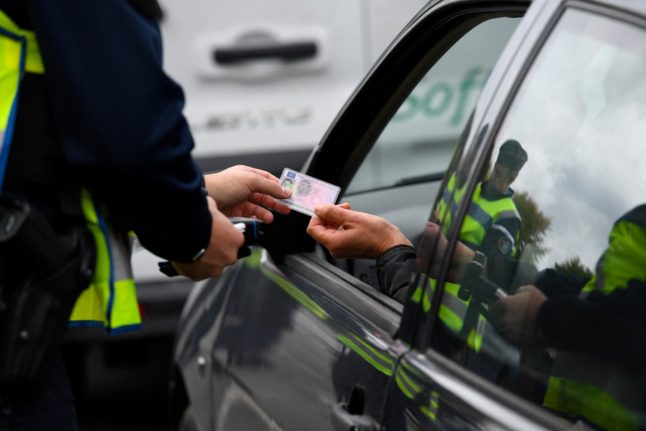Deal
The Withdrawal Agreement (“WA”) sets out our rights fairly fully, though there remains considerable uncertainty as to the implementation of those rights if the agreement is ever ratified.
There is, for example, still no final list of which countries are opting for a constitutive system of re-registration (Britons would have to re-register for a new residence status after Brexit) under Art. 18.1 of the WA as opposed to the declaratory option under Art. 18.4 (re-registration would not be obligatory).
READ ALSO:
No Deal
Grace period: Most EU27 countries have opted for a “grace period” immediately following Brexit, during which most of our EU rights within each host country (i.e. excluding free movement) are said to continue. The length of the period and the clarity over what these rights will be varies enormously.
Not all countries have provided details, let alone legislation, on our status and rights following the grace period for example Germany has not. (The German government did announce this week it was adopting a new law on a no-deal Brexit that still needs to pass the parliament).
Those resident in their present host country for less than 5 years: Here the Commission has not recommended any particular approach, so each country has to formulate its own approach, usually based on its national immigration law for those resident less than 5 years. There are great variations as between the countries, and a considerable degree of uncertainty even where legislation has been promulgated.
READ ALSO: The ultimate Brexit no-deal checklist for Brits in Spain
Those resident in their host country for 5 or more years: Here, in addition to national immigration law, the situation is covered by the EU Long Term Residence Directive (“LTR Directive”), which the Commission has encouraged Member States to apply to UKinEU on the basis that their past residence whilst EU citizens should count towards the necessary 5 years. The main differences between this EU Directive and the WA are:
- Pre-Brexit absences permitted when applying for long-term residence: before Brexit anyone who has resided in their host state for 5 years is entitled to ‘permanent residence’, a status with enhanced rights: they can be absent for up to 2 yearswithout losing it. Under the LTR Directive the same person will be denied the enhanced LTR status if they have been absent for a total of 10 months in the previous 5 years. So permanent residents who have exercised their legal right to be away for up to 2 years pre-Brexit will, by a retrospective rule change, be denied the equivalent long-term status post-Brexit.
- Absences once you have acquired LTR status: an absence of 1 year from the EU (which of course will include any period in the UK) will be enough to deprive you of any right to remain under the EU’s No Deal contingency plans. This contrasts with 5 years absence for those with permanent residence under the WA.
- Conditions for acquiring the new status: the LTR Directive requires States to impose conditions as to available resources and sickness insurance, and they can also require tests of language and knowledge of the country. The latter tests cannot be required under the WA and the other conditions are more onerous under the LTR than their equivalents under the WA.
- Employment: Under the WA UKinEU have equal treatment rights with nationals of the host state. Under the LTR Directive States may exclude UKinEU from jobs which are reserved to nationals of the State or EU/EEA citizens. Such jobs include many presently held by British citizens in the public sector, such as teaching.
- Recognition of qualifications: post-Brexit, UKinEU LTRs will only have the right to equal treatment with nationals under any national scheme for the recognition of qualifications, not under the EU scheme (though pre-Brexit recognitions will continue to be valid in most sectors). Under the WA the EU scheme would continue to apply to those whose qualifications were recognised, or in the process of being so, by the end of the transition period.
- Education and training: in contrast to the WA, access to education and training for LTRs may be made subject to language tests, and study grants will only be available in accordance with national law, not EU law.
- Social security and health care: under the WA the existing systems for reciprocal health care and for social security coordination (including aggregation of pension contributions made in different States) continues. In a No Deal scenario these come to an end, though some minimal bridging arrangements are proposed. For UK pensioners this means that their pensions will be frozen at their present value (the WA would prevent this), and vital S1 healthcare (also protected by the WA) comes to an end for all those who are not receiving “or have applied for” treatment at Brexit.
- Family reunification: the range of people with whom reunification is possible is more limited under the LTR Directive than under the WA (close family).
In addition, and most worryingly, the implementation of the EU LTR Directive in many countries was criticised as “deplorable” in 2011 by the Commission itself, and reform is still under consideration.



 Please whitelist us to continue reading.
Please whitelist us to continue reading.
Member comments